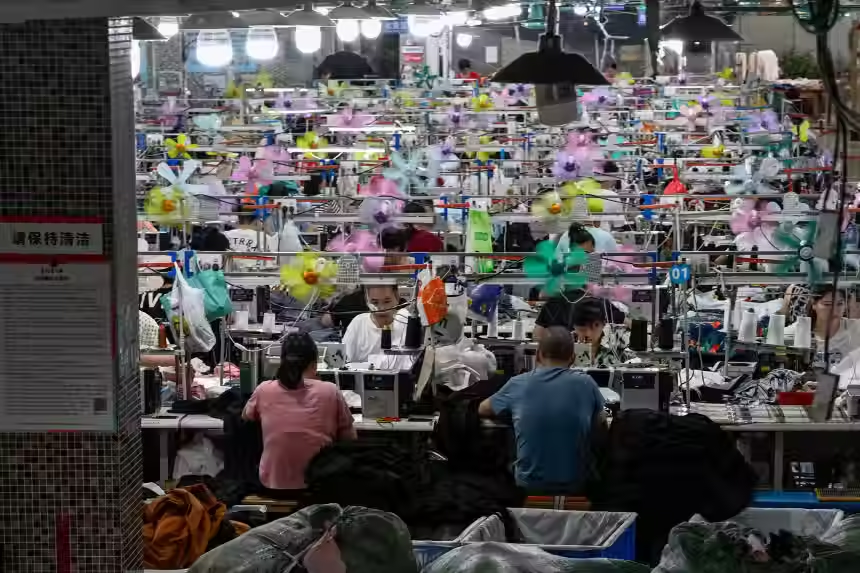New U.S. De Minimis Rule: A Global Trade Loophole Closed, Threatening Shein and Temu’s Low Prices
- Next News
- Aug 3, 2025
- 2 min read
In a major escalation of his trade policies, President Donald Trump has suspended a global trade loophole known as the “de minimis exemption,” which allowed small parcels to enter the United States duty-free. This move, which was initially applied only to goods from China and Hong Kong in May, now extends to every country worldwide, effectively closing a significant backdoor for mega-shippers like Shein and Temu.

The de minimis exemption previously allowed duty-free shipments of goods valued at $800 or less. E-commerce giants used this rule to ship hundreds of millions of low-cost packages directly to U.S. consumers. In an executive order, Trump stated that the exemption had been exploited to evade tariffs and smuggle "illicit substances," raising concerns about national and economic security. The new rule is set to go into effect on August 29.
Immediate Consequences for Supply Chains and Consumer Prices
The suspension of the rule eliminates the option for Chinese retailers to re-route their duty-free shipments through other countries like Vietnam. Following the initial crackdown on China, Temu announced it would shift its shipping model to use U.S.-based distributors, claiming prices would remain unchanged. However, some American buyers quickly began complaining of higher prices and out-of-stock items.
With the new rule now applying globally, there is no longer any workaround. Chris Tang, a professor of global supply chain management at the University of California, Los Angeles, explained that companies will now have to pay "hefty import taxes" even on bulk shipments, and these costs will ultimately be passed down to consumers.
The impact of these higher prices is expected to hit lower-income households the hardest. Research from UCLA and Yale economists in February showed that approximately 48% of de minimis packages were shipped to America's poorest zip codes, meaning that the affordable goods these communities rely on will now become more expensive.
New Tariff Details and Broader Implications
Under the new executive order, most internationally shipped goods will be subject to tariffs based on their country of origin. The duties will be roughly $80 per item for countries with a tariff rate below 16%, $160 for countries with a rate between 16% and 25%, and $200 for those with a rate above 25%. These additional costs will inevitably trickle down to the end consumer.
This executive order accelerates a repeal of the de minimis rule for all countries that was originally slated for July 2027 as part of a broader legislative effort. A federal trade court has already declined to block the suspension of the exemption for Chinese goods, signaling that this policy is here to stay.









Comments